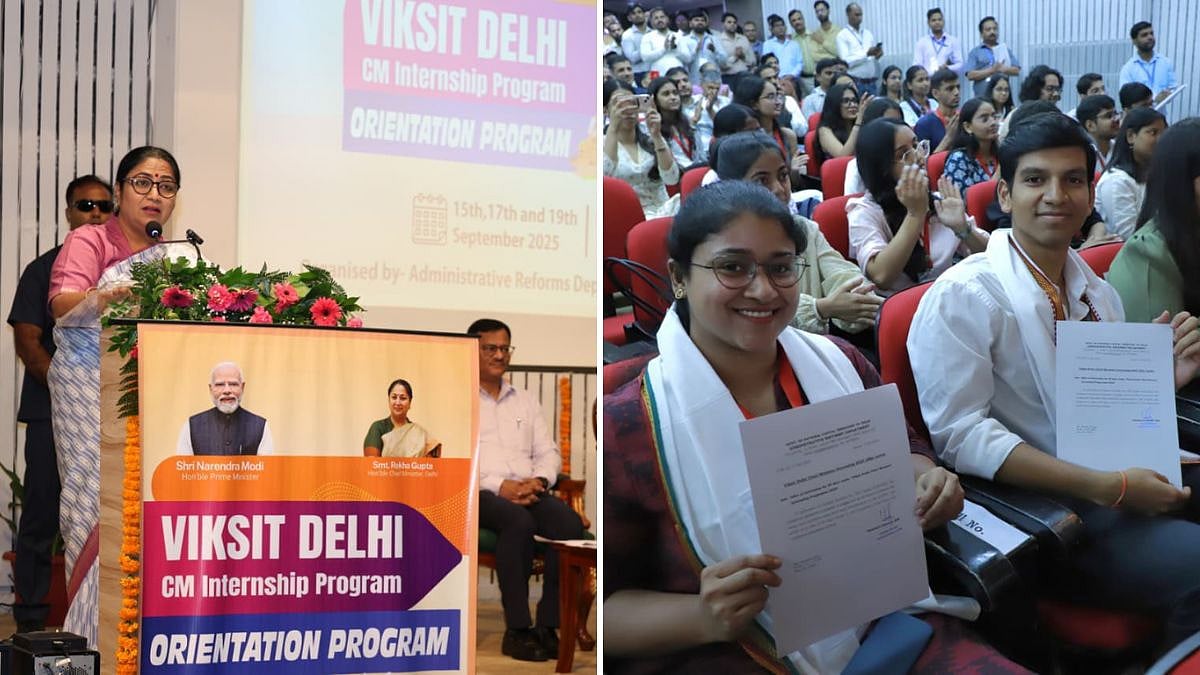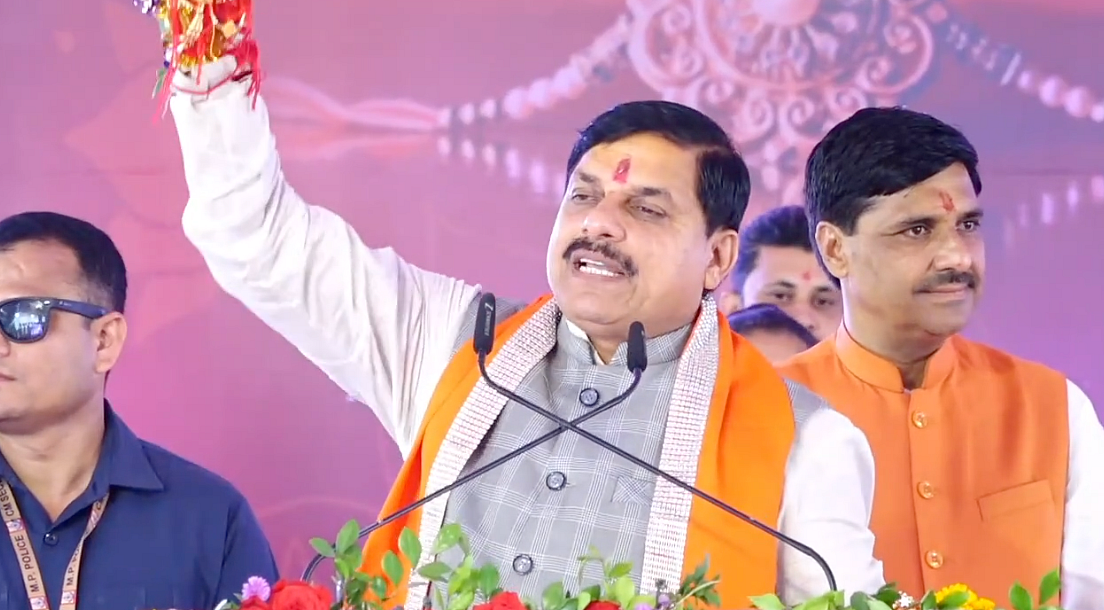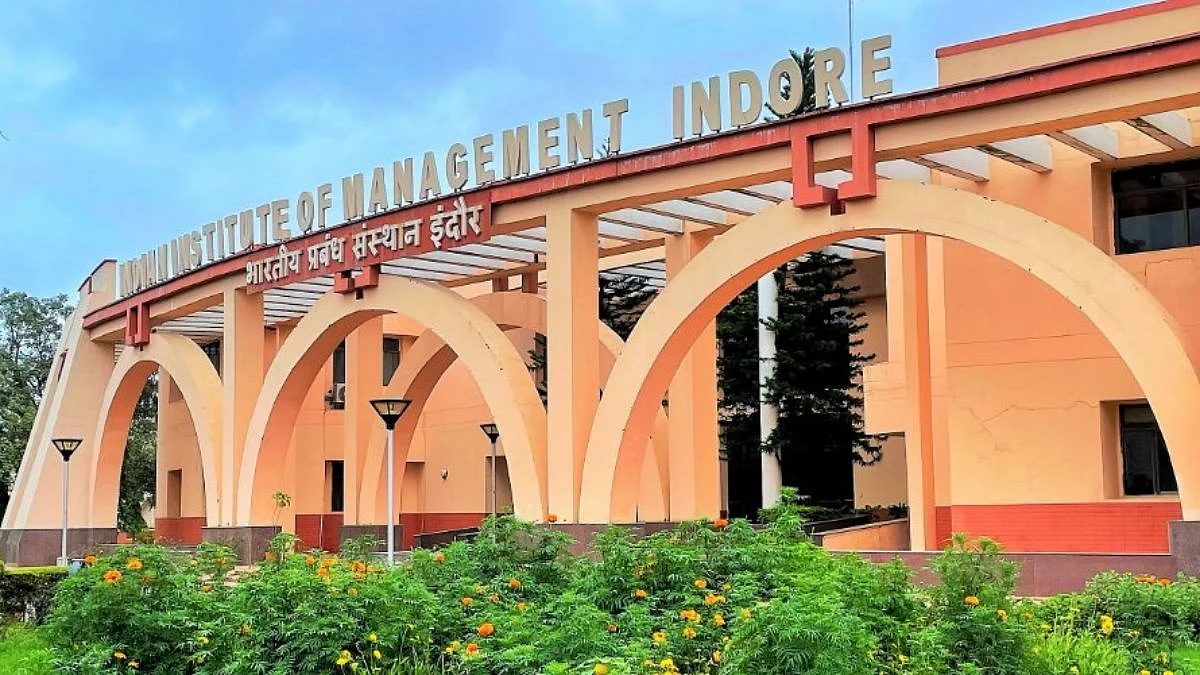Indore (Madhya Pradesh): IIT Indore has introduced an innovative solution to tackle the global challenge of plastic pollution. Researchers from the Algal EcoTechnology and Sustainability Group (AETS), under the leadership of Prof. Kiran Bala, have developed a new method to produce eco-friendly bioplastics using indigenous microorganisms.
Highlighting the significance of this development, Prof. Suhas Joshi, Director of IIT Indore, said, “Once heralded as a miracle material, plastic has become a pervasive environmental hazard. While the concept of bioplastics is not new, their widespread adoption has been hindered by high production costs and scalability issues.”

Prof. Kiran Bala said “In a world increasingly defined by environmental challenges, the development of sustainable bioplastics offers hope. At the heart of this breakthrough lies a tailor-made microbial consortium. The research team has developed an optimized system for biopolymer synthesis by combining photosynthetic microalgae and bacteria. These microbes operate in symbiosis, utilizing simple resources like carbon dioxide, sunlight, and industrial waste to drive efficient production. A critical component of innovation lies in the production of PHA, a biodegradable bioplastic that closely emulates the physical and mechanical properties of conventional plastics such as polypropylene".
Continuing, he said "The process offers a green alternative to petroleum-based plastics by relying on natural microbes and renewable resources. The ability to repurpose waste materials as substrates adds another layer of environmental benefit. The approach is also designed to transition from lab-scale experimentation to industrial applications, paving the way for large-scale bioplastic production.”

This innovation from IIT Indore has the potential to catalyze significant advancements in both scientific research and industrial practices. The teams envision their tailor-made microbial consortium as a cornerstone for establishing large-scale microalgae-based biorefineries. On a broader scale, the development of cost-effective bioplastics could revolutionize industries reliant on traditional plastics.
Packaging, healthcare, agriculture, and consumer goods are just a few sectors that stand to benefit from a transition to biodegradable alternatives. Moreover, this technology aligns with the global push for a circular bioeconomy, where waste is transformed into valuable resources, creating a sustainable production cycle.











